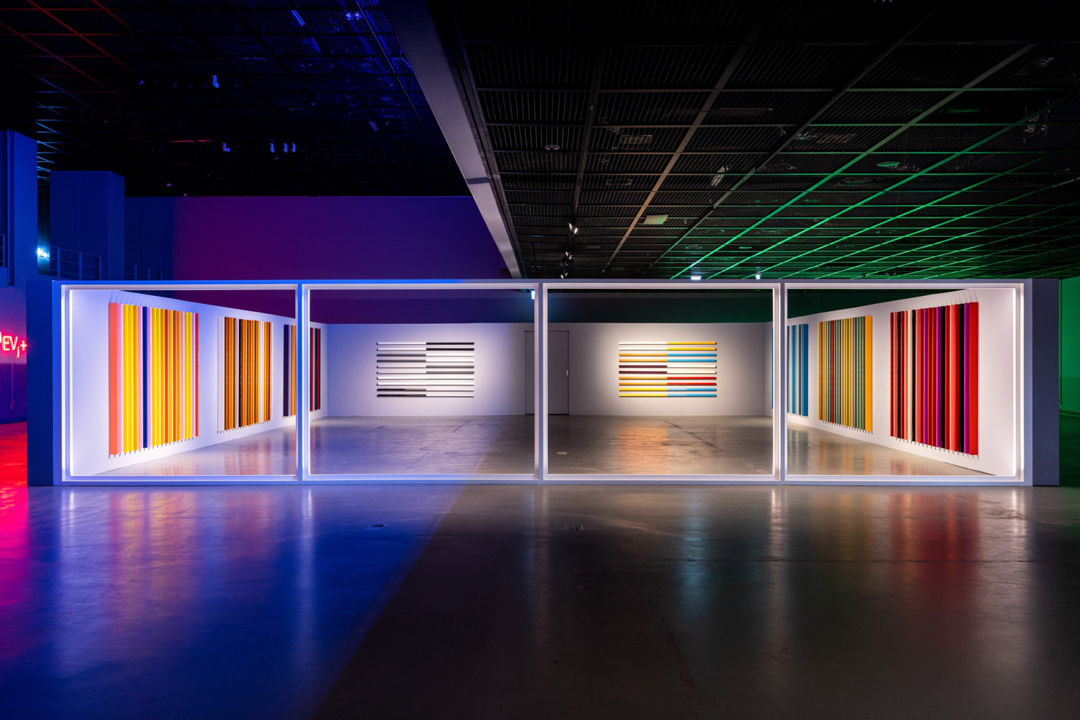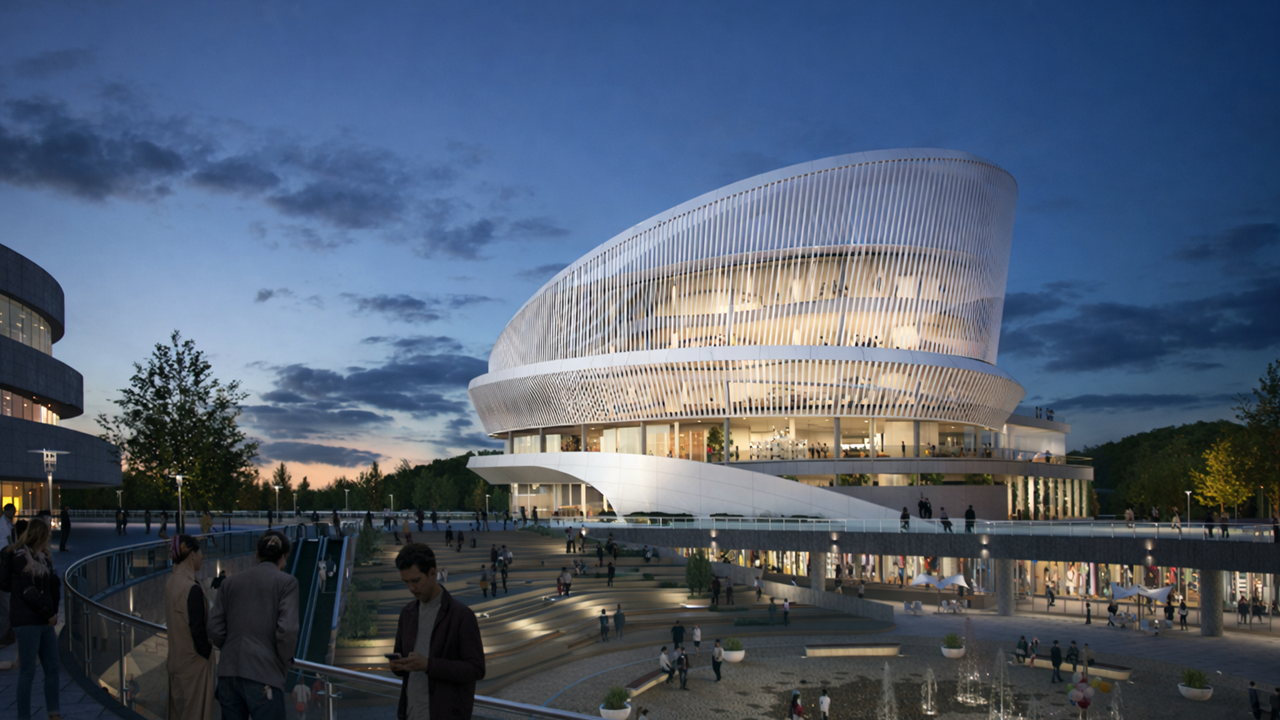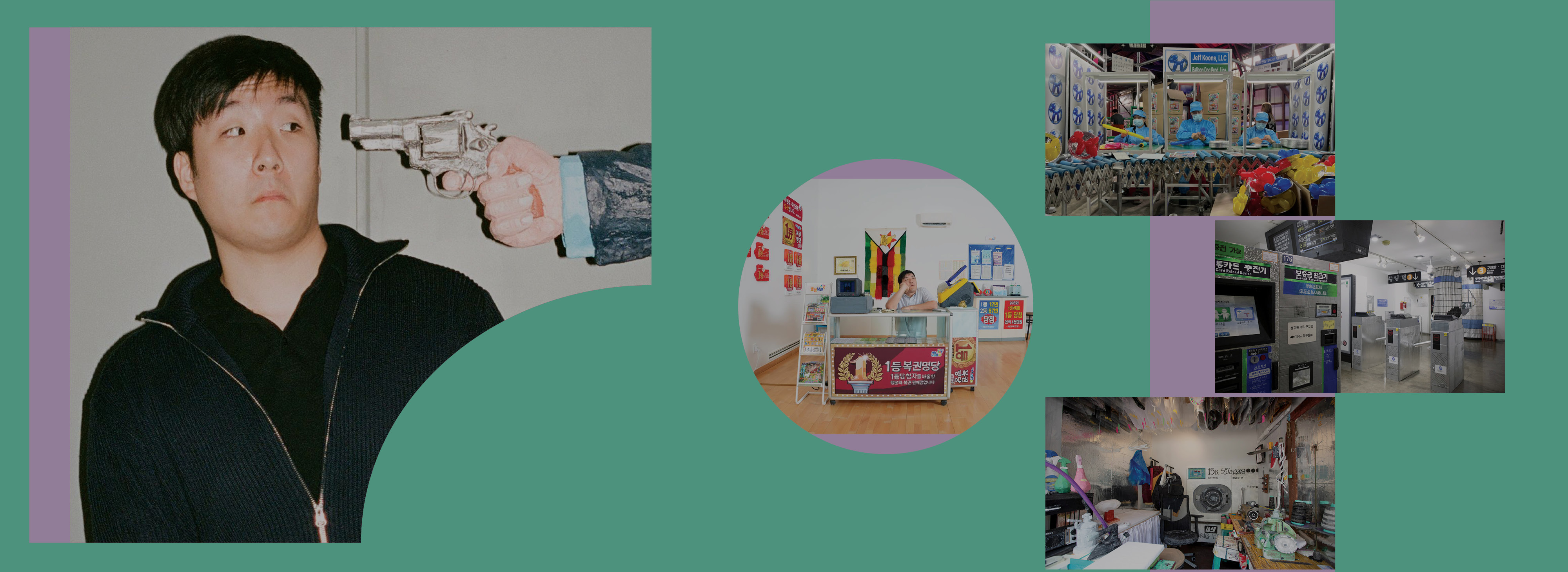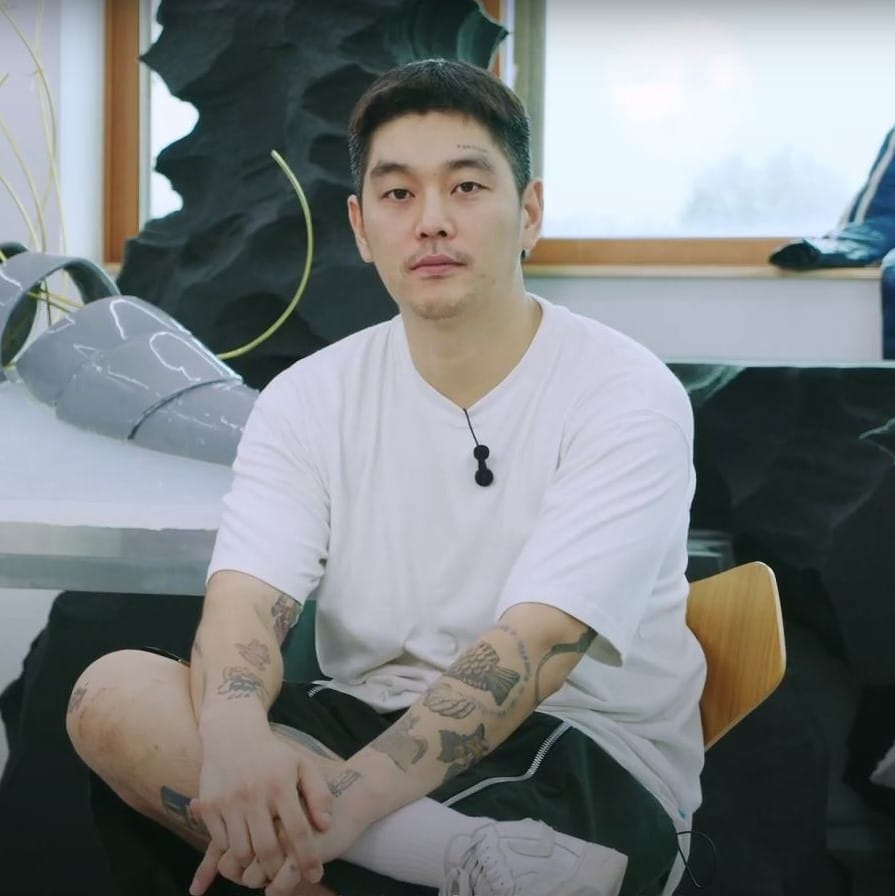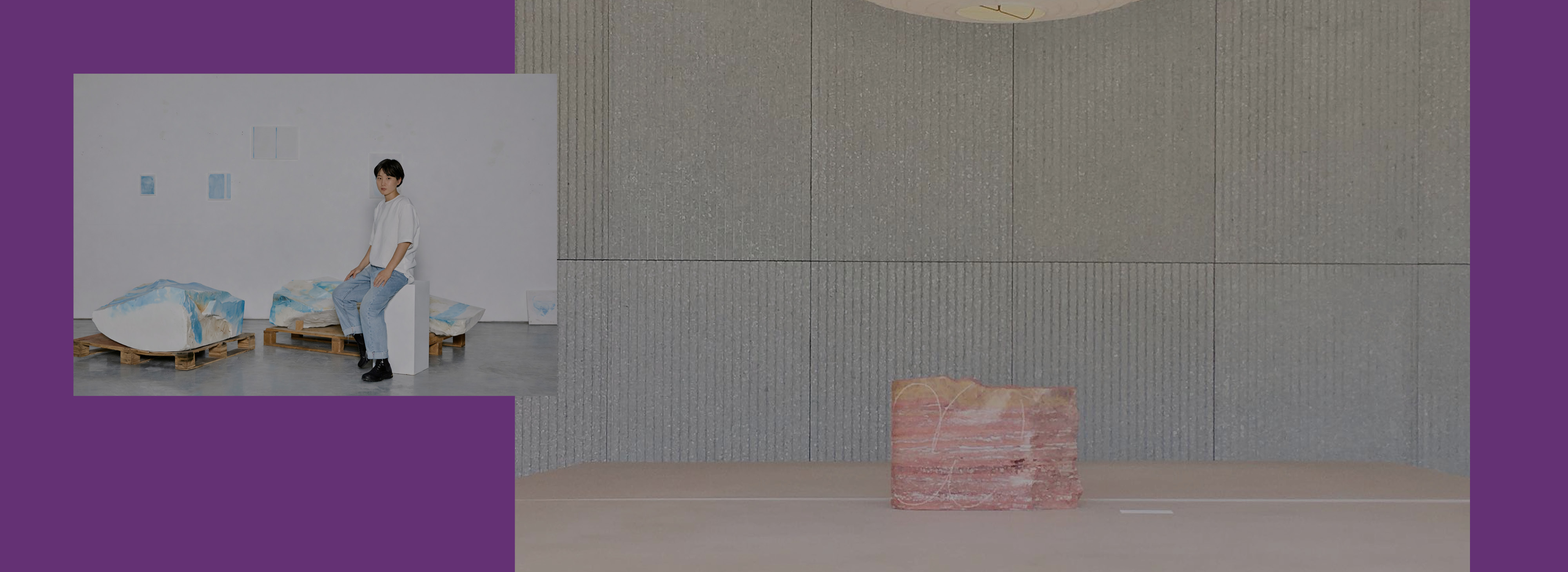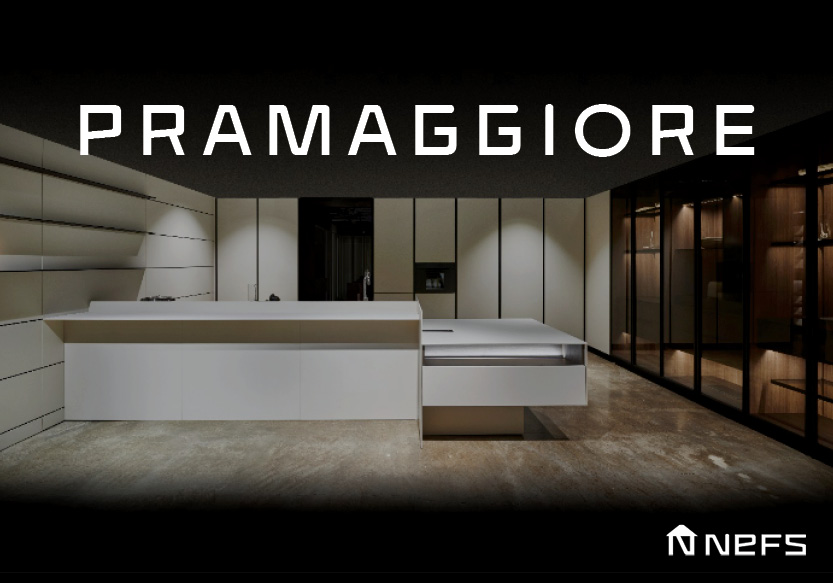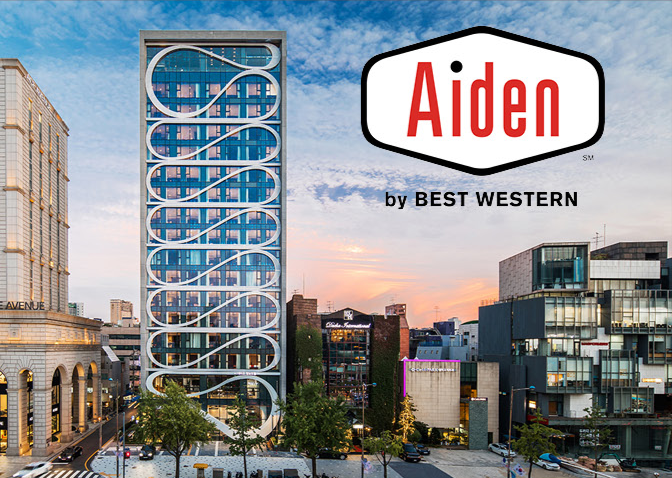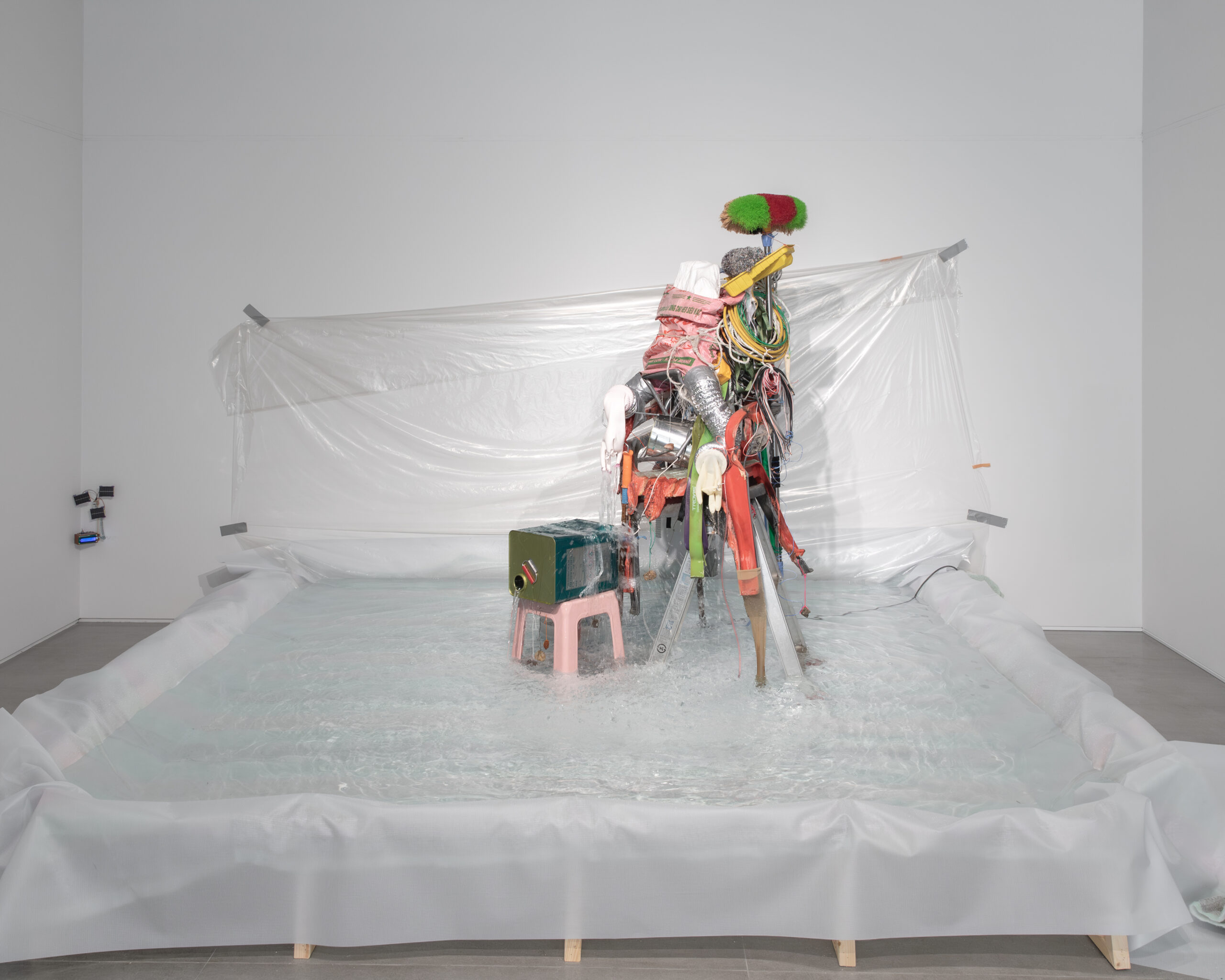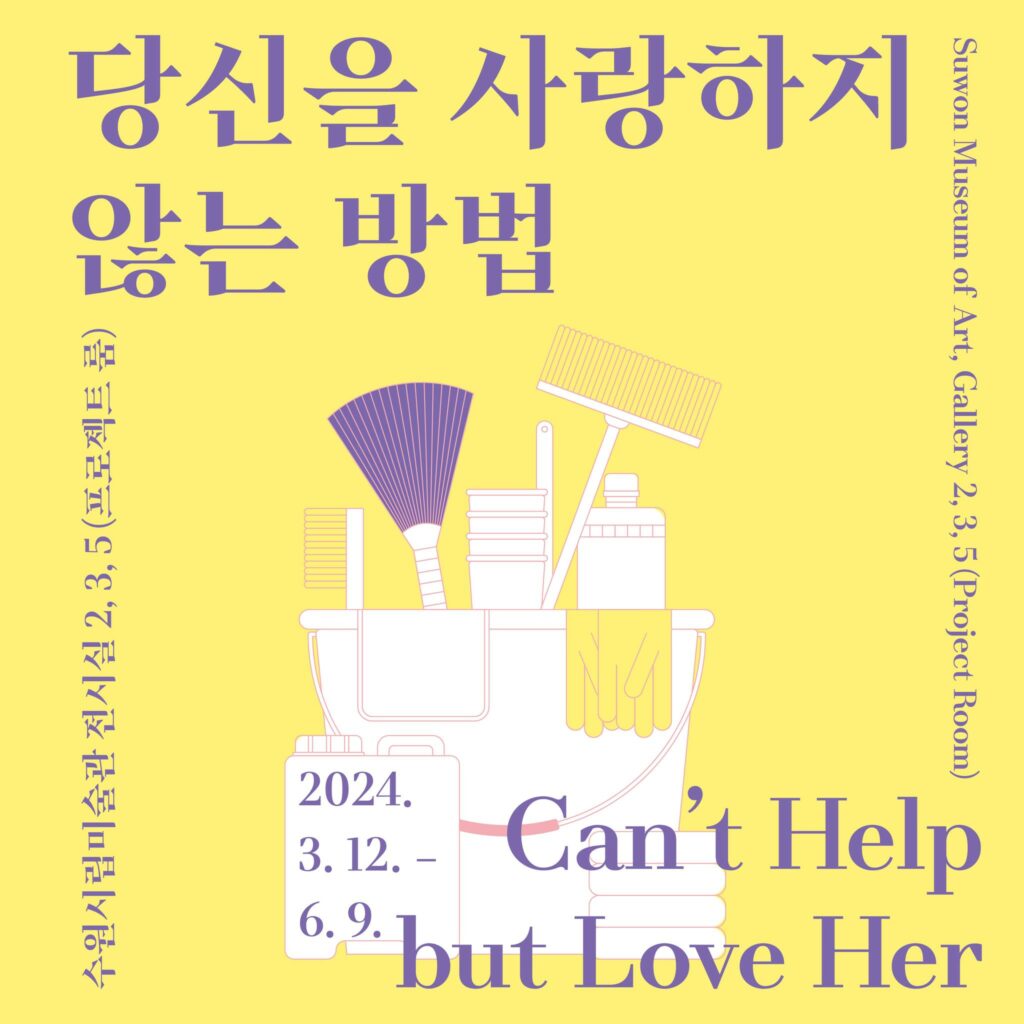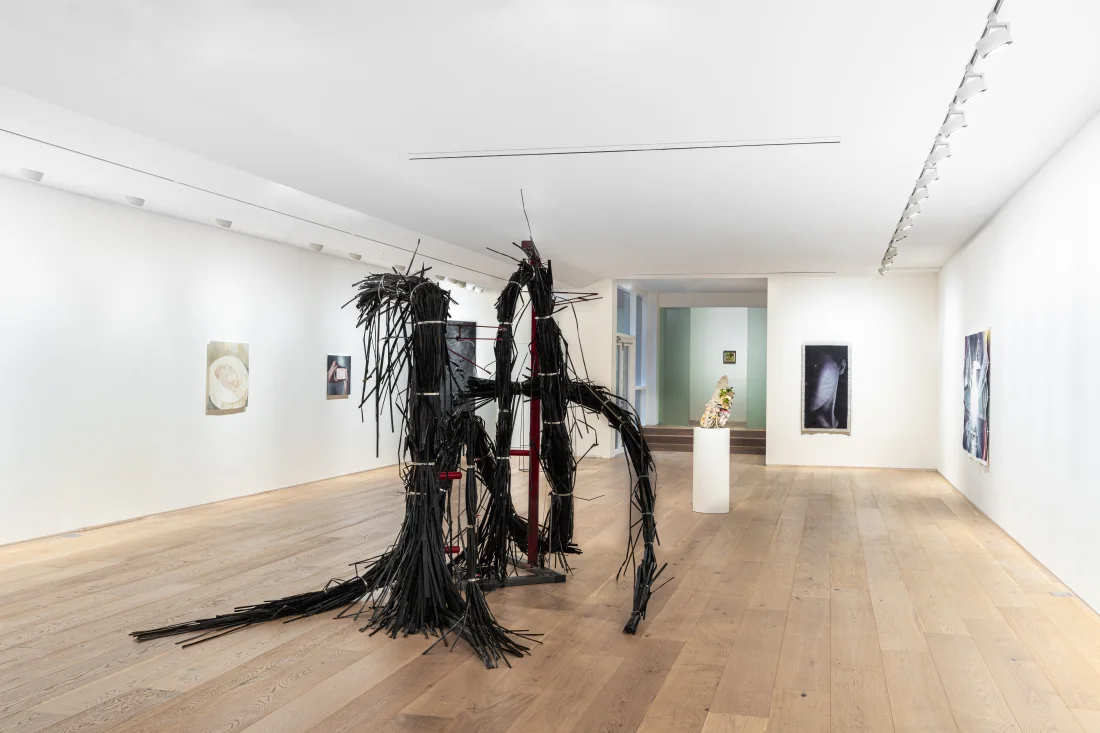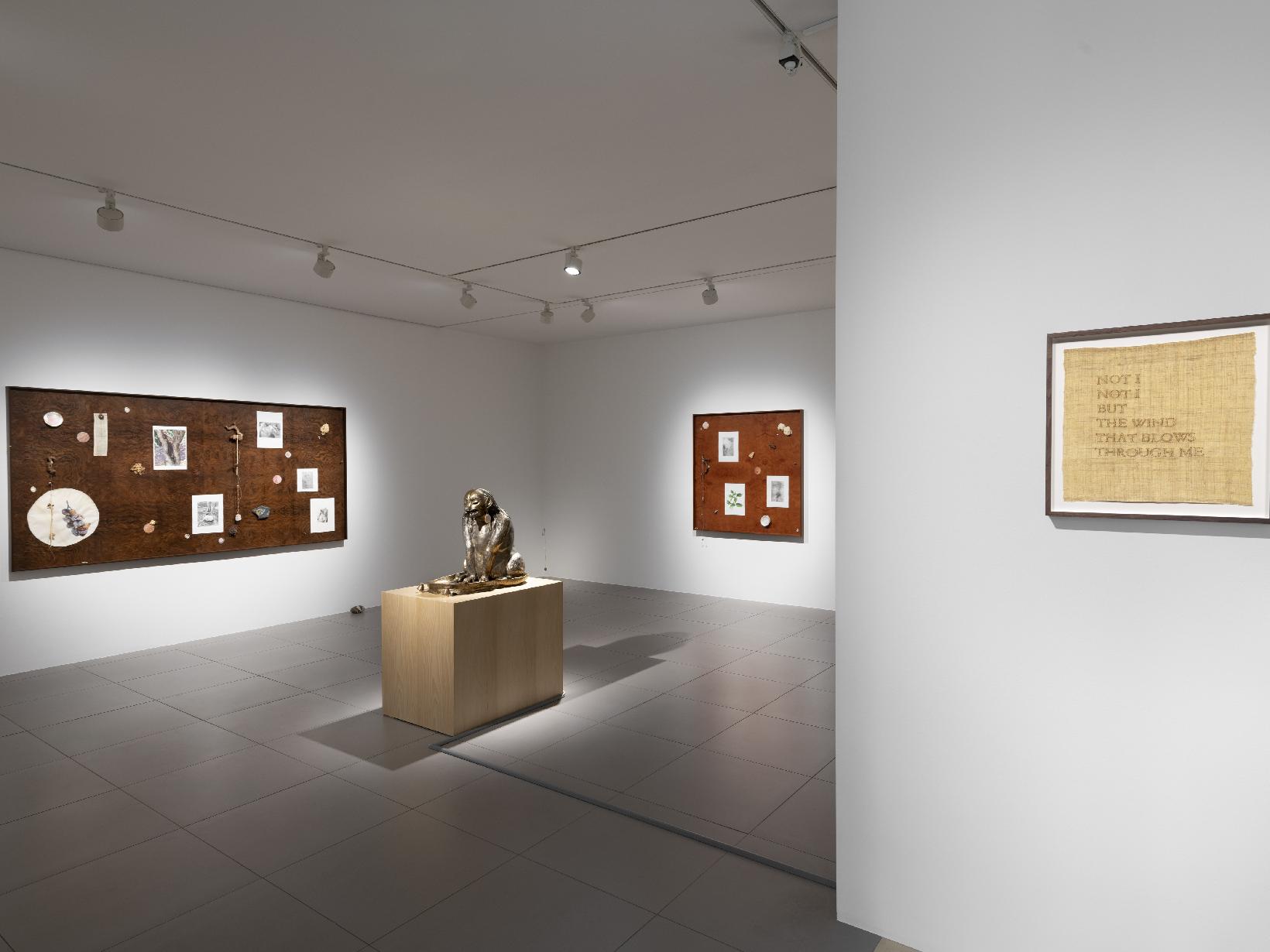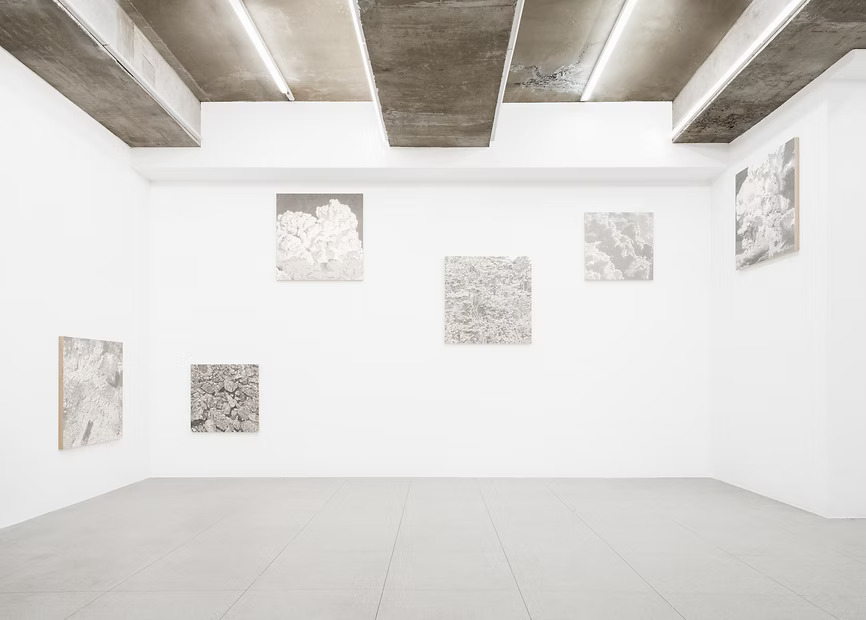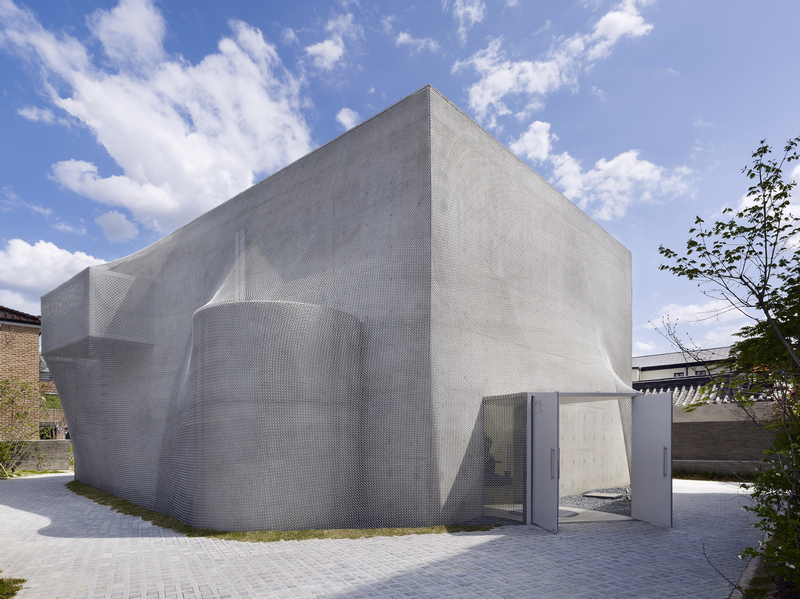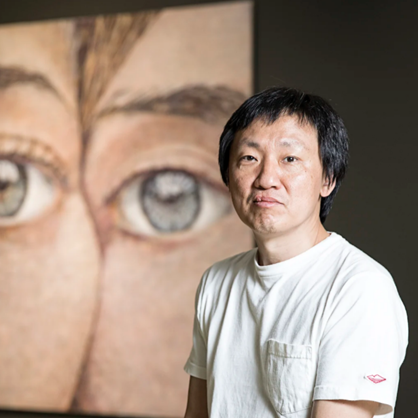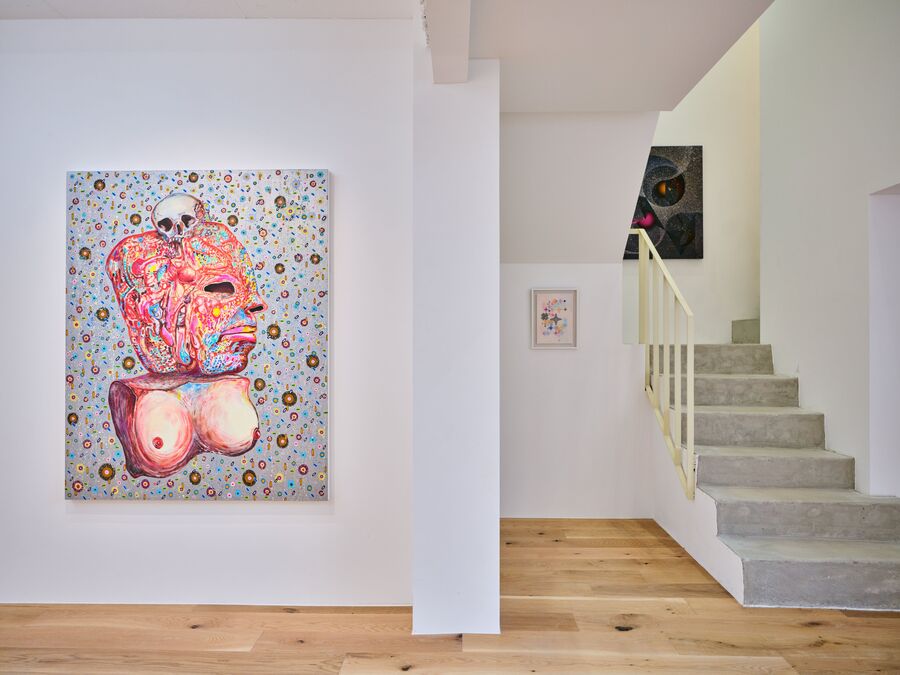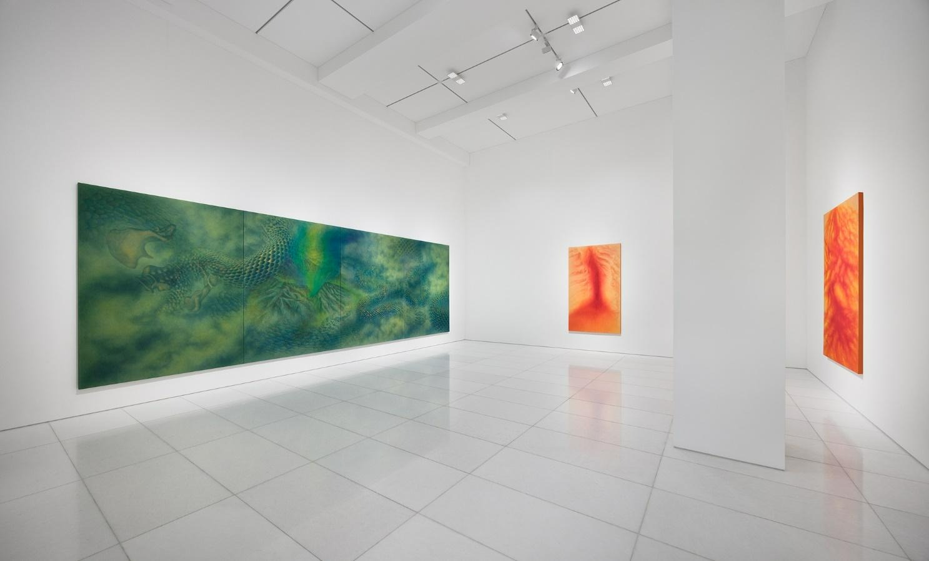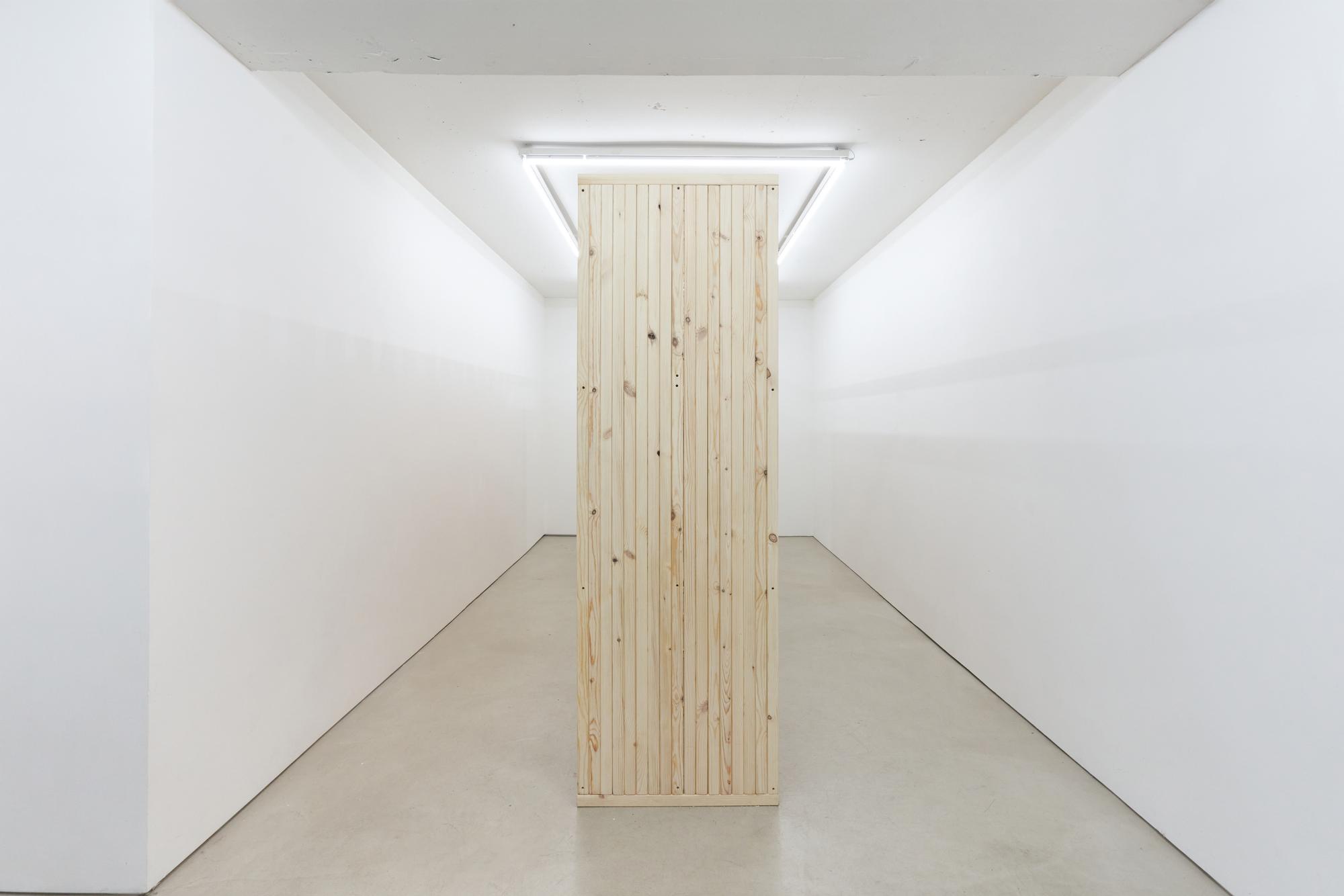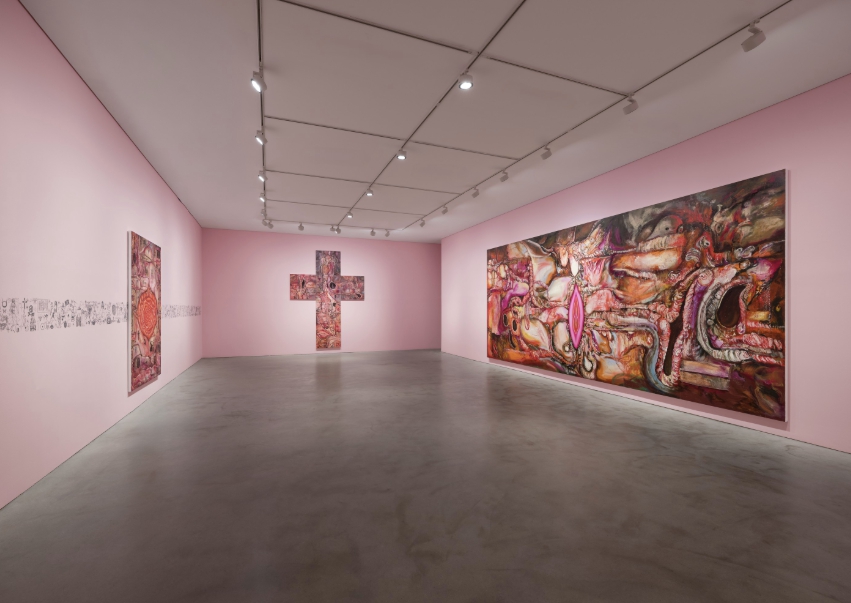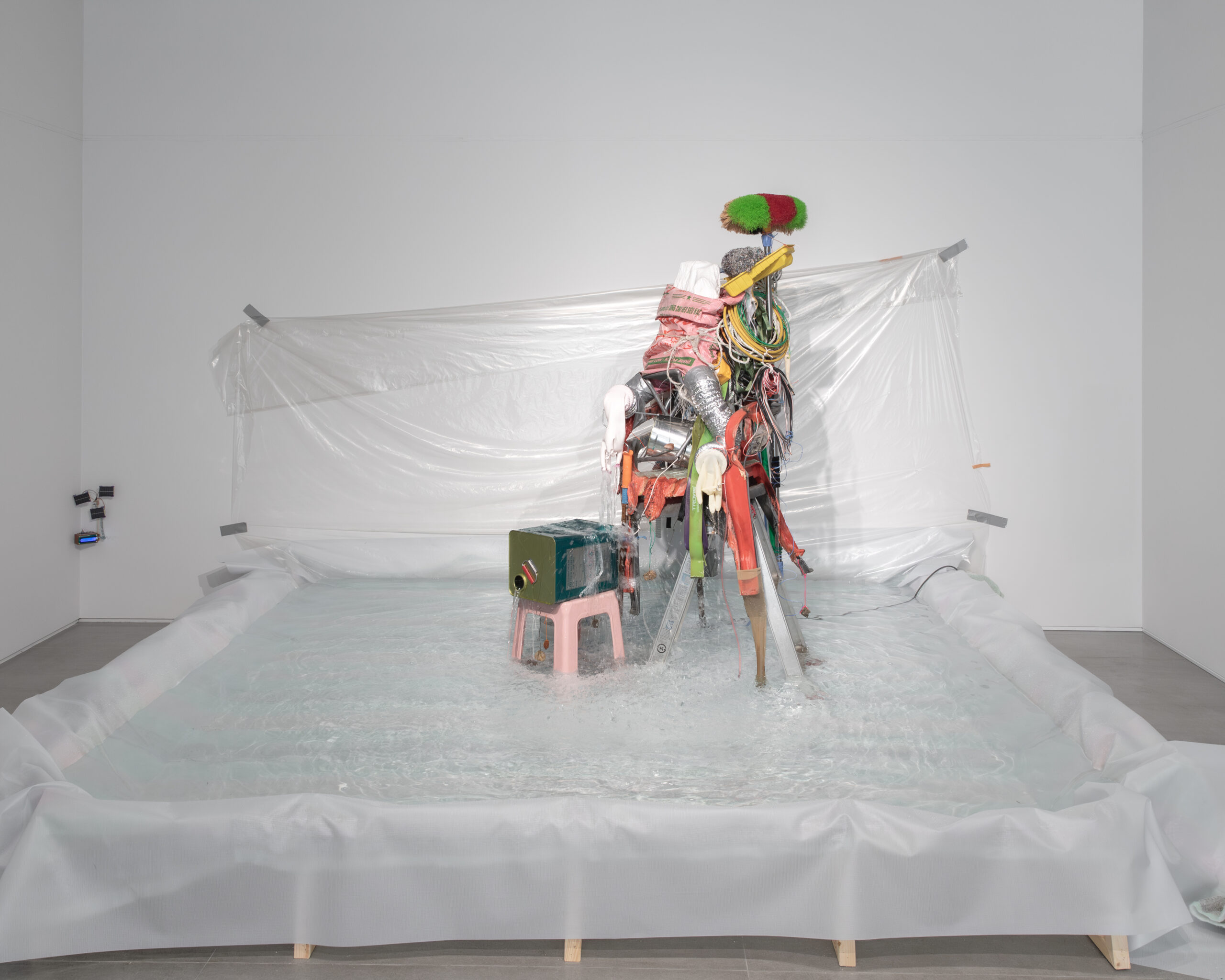 Installation view of
《giggly watermelon》 ©IAH Seoul
Installation view of
《giggly watermelon》 ©IAH SeoulIAH
Seoul is presenting 《giggly watermelon》, a two-person exhibition by Yongju Kwon and Majd Suliman, on view
through May 7. Both artists develop their practices around sculpture, placing
“movement” at the core of their visual language. Through this, they invite
reflection on temporality, the conditions of existence, identity, and vitality.
The
exhibition highlights the artists’ shared approach of transforming everyday
objects in unfamiliar ways and evoking sensory responses through animated
structures that seem to come alive.
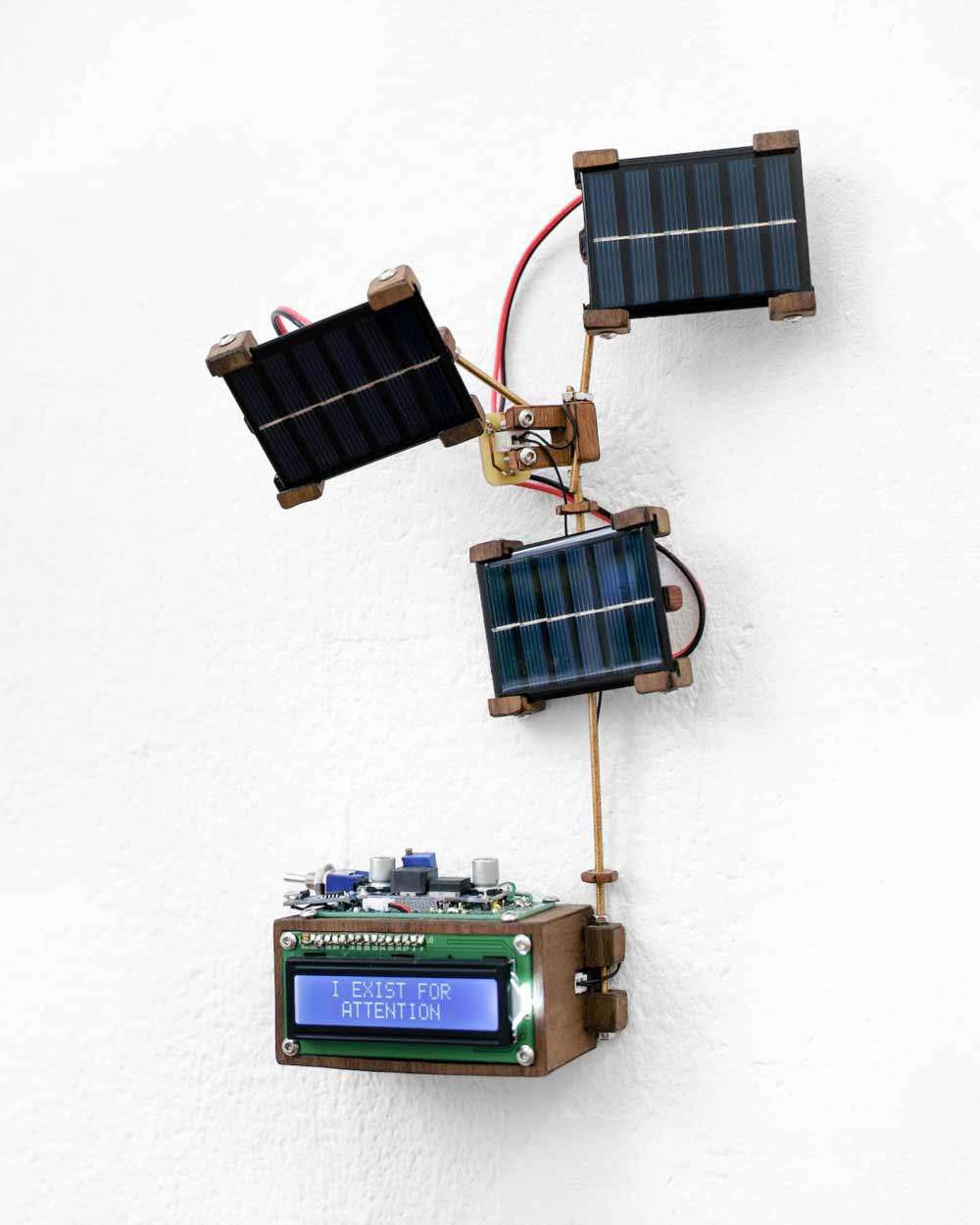 Installation view of
《giggly watermelon》 ©IAH Seoul
Installation view of
《giggly watermelon》 ©IAH SeoulYongju
Kwon creates sculptures that respond like living organisms by merging everyday
objects with natural materials. Within cycles of repetition, circulation, and
unpredictable change, his works transcend mere mechanical movement to stage
“living moments” of sculpture. Using materials such as water, plants, and
light, Kwon explores the boundaries between the autonomy of matter and human
intervention, encouraging viewers to encounter sculpture not as a fixed object,
but as an unfolding process.
Majd
Suliman visualizes questions of migration, settlement, boundaries, and identity
through sculpture and installation. Incorporating technological elements like
solar power, motors, and vibration, he constructs structures that respond to
their environment and change autonomously. His practice has developed a visual
language where personal narratives intersect with broader social contexts.
Through constantly shifting forms, his work metaphorically explores fluid modes
of existence and deterritorialized identity, inviting viewers to contemplate
and embrace transformation itself.
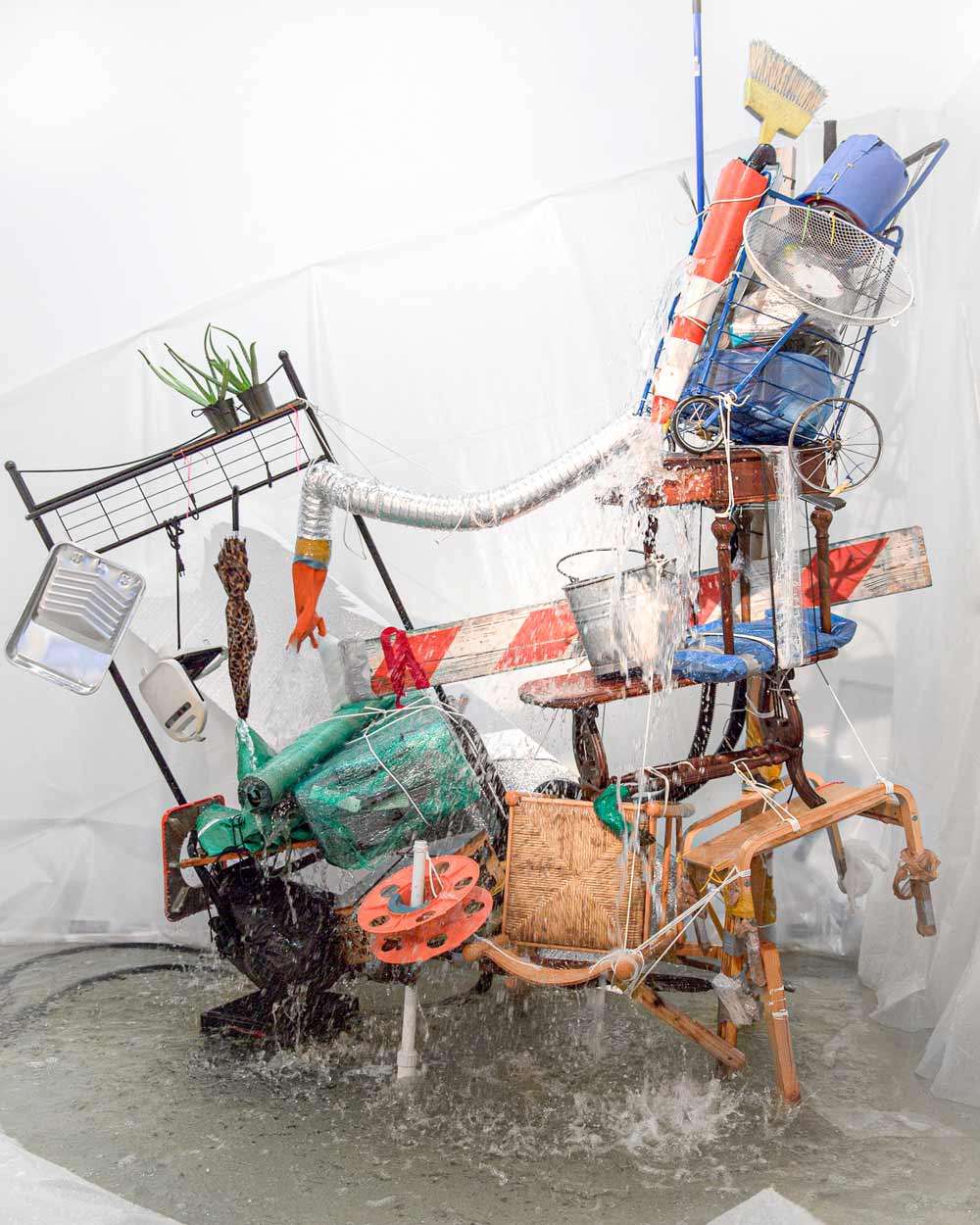 Installation view of
《giggly watermelon》 ©IAH Seoul
Installation view of
《giggly watermelon》 ©IAH SeoulThrough
this exhibition, IAH Seoul focuses on the intersection of the distinct artistic
trajectories developed by Yongju Kwon and Majd Suliman. By placing the two
artists’ works—each rooted in different backgrounds and contexts—side by side,
the exhibition invites viewers to experience the tensions and gaps that emerge,
as well as the unexpected synergy that arises between them.



